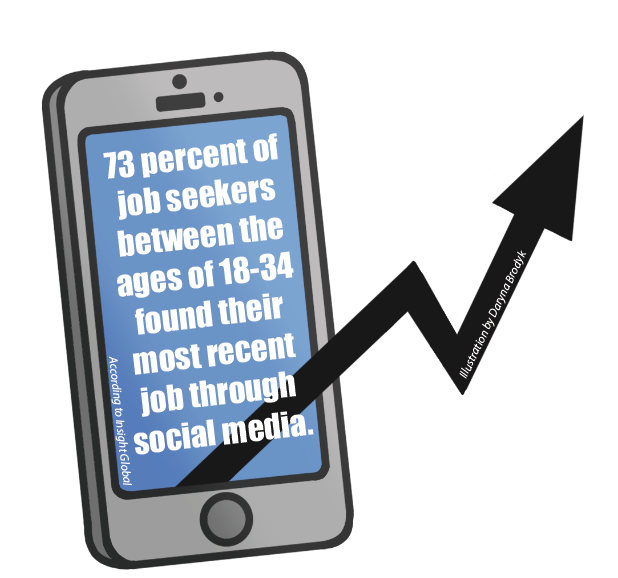When I was in middle school, I encountered a classmate’s online photo album of her latest venture to the mall. She took pictures of a male employee at a makeup store who wore a long skirt with the store uniform. My classmate’s mocking and condescending attitude spoke through these full-body shots, showing her ridicule and disrespect for the employee’s mode of self expression.
Disgust for her intentions bubbled through me, and the same feeling came back up when I heard of the Dec. 28 suicide of transgender girl Leelah Alcorn, who suffered because of attitudes like my classmate’s.
Leelah Alcorn, named Josh by her parents, was from Ohio. She committed suicide after being sent to conversion therapy (treatments that aim to change sexual orientation), removed from school and denied contact with her friends by her parents, according to CNN. She posted a suicide note on her Tumblr explaining her parents’ constant refusals to accept her identity, concluding that she could not live under the surrounding conditions that oppressed her and her gender.
“The only way I will rest in peace is if one day transgender people aren’t treated the way I was,” Alcorn wrote in her suicide note. “They [must be] treated like humans, with valid feelings and human rights.”
The eloquent last words of this mistreated girl wrenched at the hearts of many, and as I was reading them, I could not imagine how someone could deny others of their identities without understanding them as well as they know themselves.
We have all grown up with preconceived notions of how society should be, excluding anything beyond these guidelines. Girls, boys, men, women, students and teachers: unconsciously or not, we have all judged someone else because of these notions.
However, Alcorn’s suicide note has shown us the receiving end when someone is denied of their own identity. She has highlighted the suffering of her self-esteem and how it all accumulated to her isolation and feeling of helplessness, and she has taught us the impact our prejudices can have on others.
Alcorn has exposed us to a new perspective, and she made me realize that even if we do not agree with someone, we cannot refuse their right to be acknowledged how they want to be acknowledged.
“When I was 14, I learned what transgender meant and cried of happiness,” Alcorn wrote. “After 10 years of confusion, I finally understood who I was. I immediately told my mom, and she reacted extremely negatively, telling me that it was a phase, that I would never truly be a girl, that God doesn’t make mistakes. If you are reading this, parents, please don’t tell this to your kids…That won’t do anything but make them hate themself. That’s exactly what it did to me.”
No one deserves to feel uncomfortable with oneself, and in no way should others enforce this discontent. We do not know others as well as they know themselves; therefore, we cannot change who they are and how they choose to live. Alcorn wanted her death to mean something, and if we all take the step to learn of and accept others’ identities, we can immortalize her and her message.







